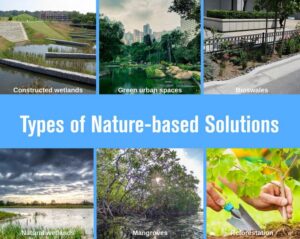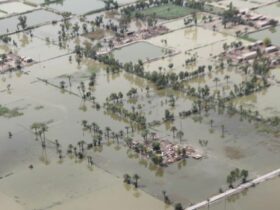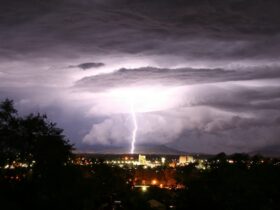Nature-based solutions might sound like unknown territory for some, but it shouldn’t stay like this anymore. They play a vital role in helping to control nature and even the climate crisis.Â
The best part is that nature-based solutions, also known as NbS, offer us plenty of benefits, as per the newly published paper explains.Â
Learn how to deliver successful NbS and avoid possible pitfalls by getting the right message.Â
Here is what you need to know.
NbS Guide: Follow Your Instincts, Listen to Your Environment
The new research focuses on how a wide range of well-made NbS can bring us and the environment around us, various benefits.Â
Nathalie Seddon is a professor and the director of the NbSi and co-author of the research. She explained that all the NbS projects are biodiversity-based and people-led.Â
Such projects emerged back in the 2000s to preserve nature for people and nature’s sake. Since then, the mission has been unstoppable, delivering the proper climate change awareness and support for those interested.

Research insights
Professor Seddon stated:
“Poorly designed projects sometimes ignore the rights of local people to govern their natural resources, undermining the legitimacy and long-term success of the project.”
The research highly encourages practitioners, policymakers, and more researchers to acknowledge four guiding principles to achieve sustainable benefits. These are:
- NbS should be developed to offer measurable benefits for biodiversity;
- NbS don’t represent a substitute for the rapid phase-out of fossil fuels;
- NbS are done with the full commitment and consent of local communities and Indigenous people in a way that values their ecological and cultural rights;
- NbS include a wide range of ecosystems in the sea and on land, not just forests.
Following those guidelines, the researchers explain, we can develop trusty and flexible NbS that involves the critical challenges of biodiversity loss and climate change. We can also support people and nature together.Â
Make sure you check out what microbiologists warned us about soil and possible threats.












Leave a Reply